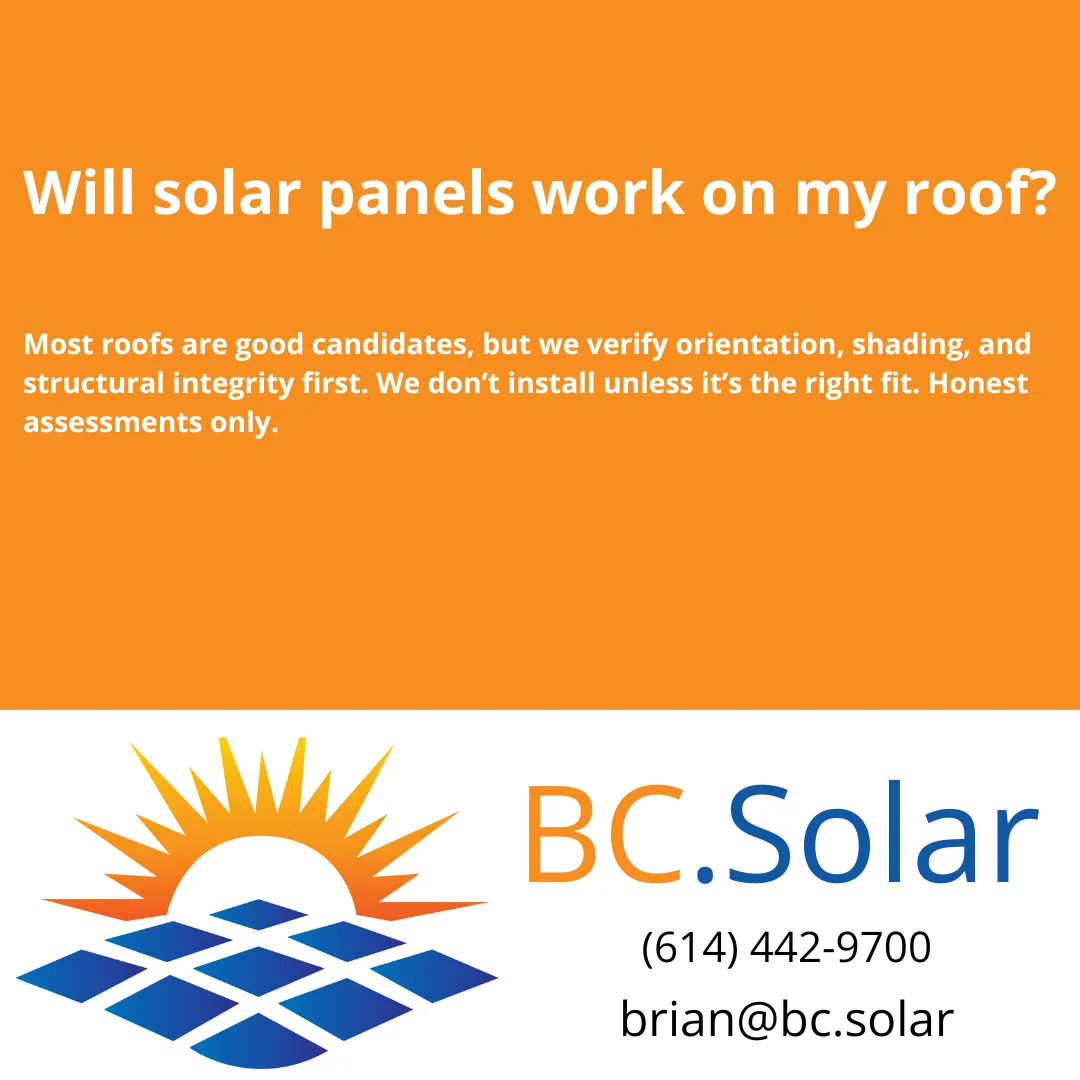
What’s the difference between string and microinverters?
What’s the Difference Between String and Microinverters?
When you're installing solar panels for your home in Columbus, one of the biggest technical decisions you'll make is what type of inverter to use: string inverters or microinverters.
Let’s break down the basics — no fluff, just the facts.
String Inverters: Simple and Proven
A string inverter connects your solar panels in a series (or “string”). All the electricity flows through one central inverter, usually mounted on a wall near your electric panel.
Pros:
Lower upfront cost
Fewer components = simpler maintenance
Time-tested and widely used
Cons:
If one panel underperforms (like due to shading or dirt), the whole system can slow down
Not ideal for roofs with multiple angles or partial shading
Microinverters: Smart and Independent
Microinverters are installed behind each individual solar panel. They convert DC to AC power right at the panel, instead of at a central location.
Pros:
Each panel operates independently — shade on one panel doesn’t affect the others
Better performance monitoring per panel
Great for complex roof designs or trees nearby
Cons:
Slightly higher upfront cost
More components to install
Which One Is Right for You?
At BC Solar, we don’t push one over the other.
We’ll look at:
Your roof orientation and shading
Your energy goals and budget
Your interest in panel-level monitoring
Then we help you choose the right inverter for your unique situation. That’s part of what makes us different — no cookie-cutter systems.
Real Talk from Columbus Homeowners
One of our customers in Worthington had a roof with partial shading from a neighbor’s trees. Microinverters helped them maintain consistent energy production year-round.
Another client in Powell with a wide-open, south-facing roof saved money by going with a string inverter and still saw excellent performance.
Every case is different — and we build your system accordingly.
FAQs
What happens if a microinverter fails?
Each panel runs independently, so one inverter issue won’t shut down your whole system. We’ll know right away through the monitoring system and take care of it.
Are microinverters better in snowy conditions?
They can be, especially in Ohio winters. Because snow may only cover part of your system, microinverters keep the rest working efficiently.
Do I need batteries with either system?
No, but both types can be integrated with battery storage if you want backup power or time-of-use savings. We specialize in battery-first systems if that’s important to you.
Want help deciding? Call BC Solar at (614) 442-9700. We’re local, honest, and here to help you take control of your power.
